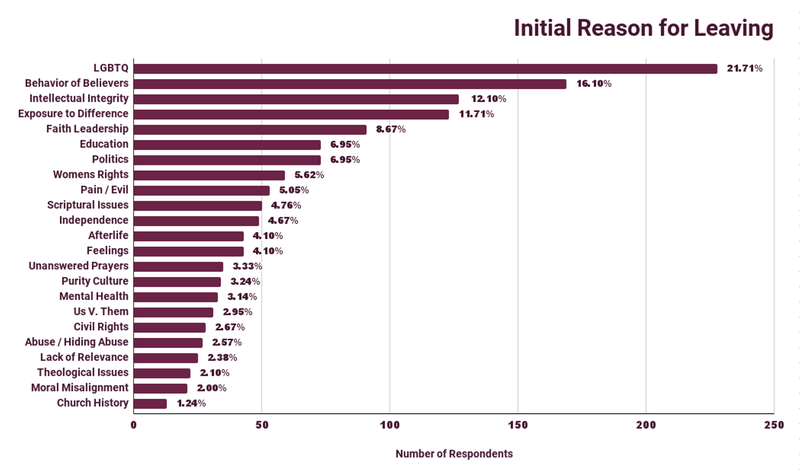· Apologetics > Apologetics and Unbelievers > Non-Christians · 5 min read
Christian Wisdom: Debunking the Myth of Intelligence Levels
Discover the intriguing debate on whether atheists are more intelligent. Explore the research findings and arguments in this thought-provoking discussion.

Are Atheists More Intelligent?
Introduction
There is a common claim made by atheists that they are more intelligent than believers in God. This belief stems from the notion that atheists are highly educated and possess a higher level of intelligence. However, it is important to understand that intelligence and educational attainment are not synonymous. In this article, we will explore whether atheists are correct in claiming superiority in intelligence and why their struggle with sin may hinder their understanding.
The Importance of Reverence for God
The book of Proverbs provides valuable insights into wisdom and knowledge. Solomon, the author of Proverbs, states that “The fear of the LORD is the beginning of knowledge” (Proverbs 1:7). This means that true knowledge can only be obtained when one acknowledges their need for God and possesses reverence for Him. In order to gain wisdom, one must first be in a right relationship with God.
On the other hand, Solomon points out that fools despise wisdom and instruction. A foolish person does not acknowledge God’s authority over their life and shuts themselves off from gaining true wisdom. This highlights the importance of recognizing God’s authority and submitting to Him in order to truly gain knowledge.
Why This Matters: Recognizing the need for a right relationship with God is crucial for obtaining true knowledge and wisdom.
Think About It: Are there areas in your life where you need to acknowledge God’s authority in order to gain wisdom and understanding?
Intelligence vs. Ignorance
It’s important to note that an atheist can be highly intelligent while still being ignorant in spiritual matters. Intelligence is not a measure of spiritual condition or understanding. Even someone with multiple academic degrees can be considered a fool according to the Bible’s definition.
Education alone does not guarantee wisdom or salvation. The Bible emphasizes that true wisdom comes from having faith in God’s promises. Intelligence in this world is temporary and limited, whereas the wisdom that comes from God is eternal and surpasses worldly intelligence. As it is written, “The foolishness of God is wiser than human wisdom” (1 Corinthians 1:25).
Why This Matters: Intelligence in worldly matters does not necessarily translate to spiritual understanding or wisdom.
Think About It: How can you pursue wisdom from God rather than relying solely on your own intelligence?
The Spiritual Blindness of Atheism
Atheists may consider themselves highly intelligent and rational, but their rejection of God stems from sin that has darkened their hearts and minds. The Bible teaches that sin is not just actions that go against God’s will, but the natural condition of every person due to the curse of Adam.
Atheists who claim to be more intelligent than believers are actually expressing their unwillingness to believe in God. Sinful people tend to love their sin and prefer darkness over light. Their rejection of God’s truth is not due to a lack of evidence but rather a suppression of the truth. As it is written, “Although they knew God, they neither glorified him as God nor gave thanks to him, but their thinking became futile and their foolish hearts were darkened” (Romans 1:21-22).
Why This Matters: Understanding the spiritual blindness of atheism helps us approach discussions with atheists with compassion and understanding.
Think About It: How can you show love and grace when engaging with atheists who reject God?
Christianity: A Reasonable Faith
Contrary to popular belief, Christianity is a reasonable faith based on historical facts and evidence. Christians do not fear their faith being analyzed and critiqued by sincere seekers of truth; in fact, they welcome such investigation. There are many Christian apologists who possess credentials that rival any atheist’s and are willing to engage in constructive debates over the truth claims of the Bible.
It is important to remember that intelligence alone does not determine the validity of one’s beliefs. The world may consider certain individuals highly intelligent, but without the Spirit of God, they cannot discern spiritual truth. The Bible states that “The person without the Spirit does not accept the things that come from the Spirit of God but considers them foolishness” (1 Corinthians 2:14).
Why This Matters: Recognizing the reasonableness of Christianity encourages believers to engage in thoughtful discussions and defend their faith.
Think About It: How can you equip yourself with knowledge and evidence to engage in constructive conversations about Christianity?
Conclusion
In conclusion, the claim that atheists are more intelligent than believers in God is not supported by biblical teachings. Intelligence in worldly matters does not necessarily translate to wisdom or spiritual understanding. The key to gaining true knowledge and wisdom lies in acknowledging God’s authority and having a right relationship with Him. Atheism is often fueled by sin and spiritual blindness, which hinders the acceptance of God’s truth.
Christianity is a reasonable faith based on historical facts and evidence. Believers should engage in respectful discussions with atheists, recognizing that intelligence alone does not determine the validity of one’s beliefs. By seeking wisdom from God and embracing His truth, believers can engage in meaningful conversations that encourage others to consider the claims of Christianity.
Why This Matters: Understanding the relationship between intelligence and faith helps us approach discussions with atheists from a place of humility and grace.
Think About It: How can you approach conversations with atheists in a way that reflects humility, grace, and a desire for mutual understanding?



